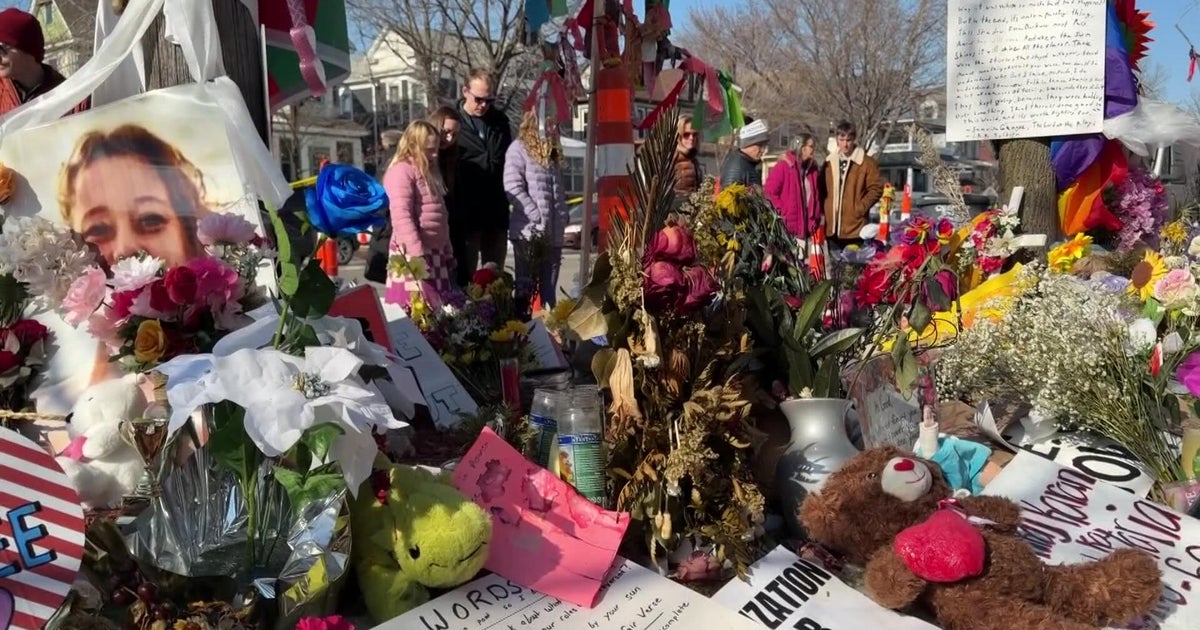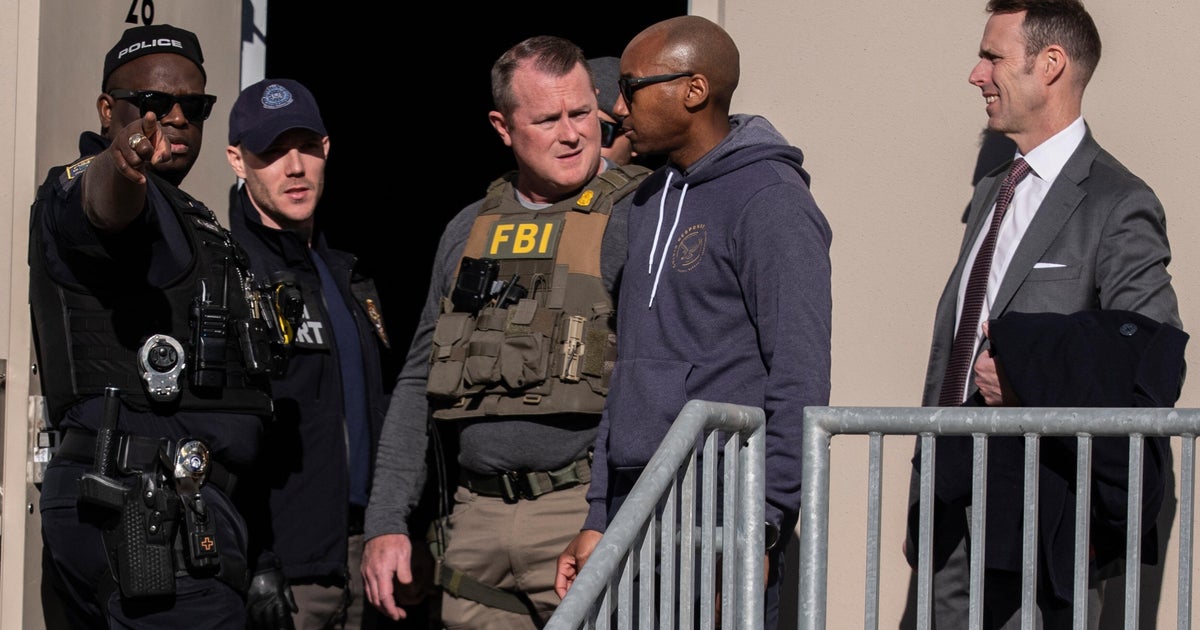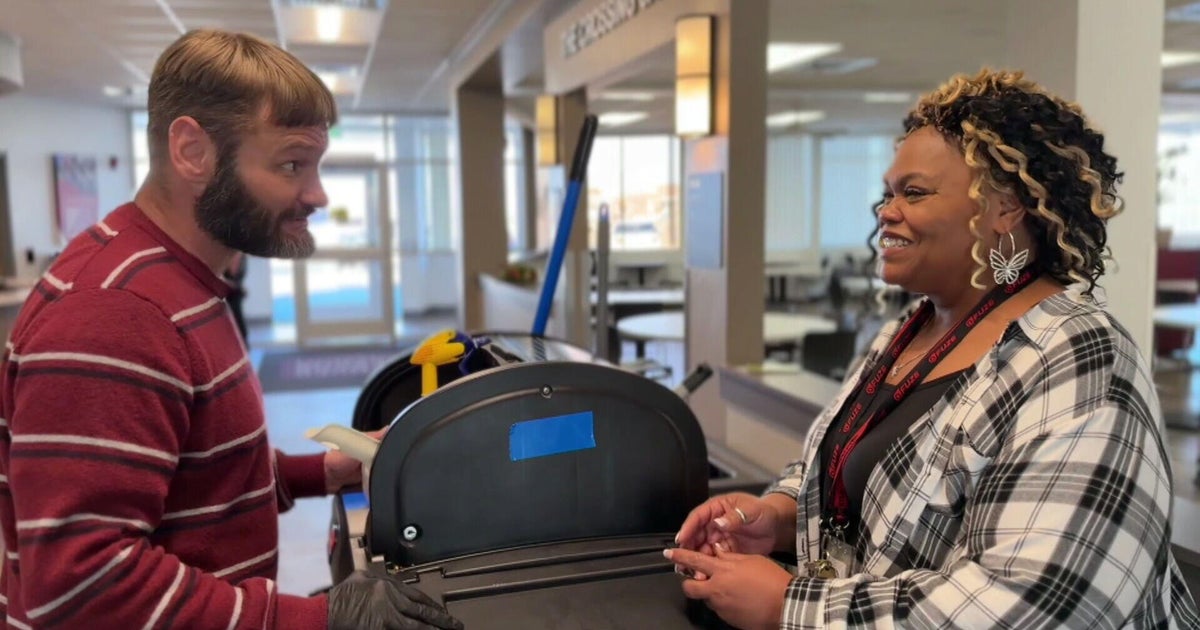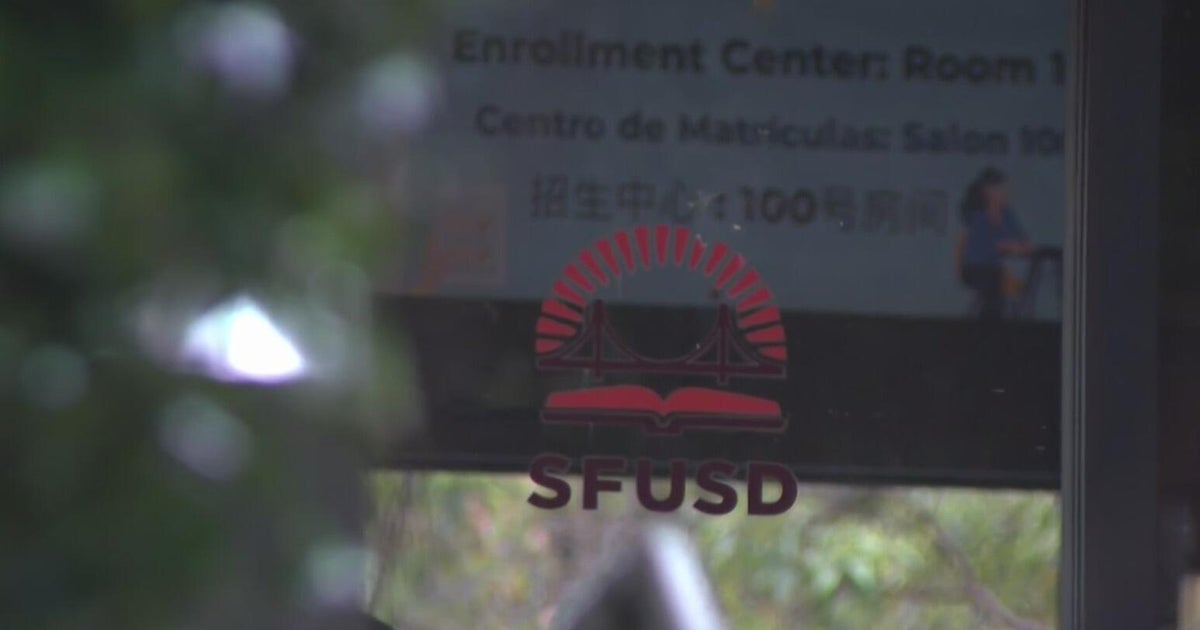Obama's Cuba Switch Forces Exile Groups To Adapt
Follow CBSMIAMI.COM: Facebook | Twitter
MIAMI (AP) — Hours before President Barack Obama announced an end to a half-century of U.S. efforts to isolate Cuba's communist government, the Cuban American National Foundation opened the doors to its inviting new headquarters, with a modern glass and concrete lobby in the heart of Miami's Cuban exile community.
The symbolism is hard to ignore: The lobbying group was founded in 1981 by veterans of covert U.S.-supported missions to overthrow Fidel and Raul Castro, and for many years it worked to undermine the communist government from offices in an unmarked Miami building outside Little Havana. A guard kept out unwelcome visitors, and its leader Jorge Mas Canosa tended to leave little room for differing opinions.
But Mas Canosa's son, Jorge Mas Santos, has transformed the foundation since his father's death in 1997, and the new building is better suited to this latest, more direct and transparent chapter in U.S. Cuba relations.
It also reflects how a niche industry of passionate anti-Castro groups, sustained in part by millions of U.S. taxpayer dollars over the decades, will have to adapt to new ways of dealing with Cuba.
"I think now everybody is going to be — and should be — more open about the activities they do with the opposition in Cuba," the foundation's president, Pepe Hernandez, told The Associated Press in an interview.
Hernandez's own support for an armed overthrow of the Castro brothers still make it impossible for him to set foot in Cuba. But he now says the kind of peaceful, people-to-people contacts Obama spoke of Wednesday will be more effective.
Miami has hosted die-hard anti-communists ever since Cuba's 1959 revolution, plotting the ill-fated Bay of Pigs invasion and countless failed efforts to assassinate Fidel Castro.
Dozens of anti-Castro media companies, lobbying organizations and aid groups dedicated to encouraging political change on the island are based in Miami or have strong ties to its exile community. And when the U.S. government created Radio Marti and TV Marti to influence Cuban opinions, their broadcasts found passionate audiences in South Florida, even as the Castro government jammed their signals on the island.
In the 1970s, it was dangerous for exiles to speak out against the hardliners. Some argued against isolating Cuba lost their legs in car bombs. Cuban-Americans who advocated ending the embargo and engaging with people in Cuba were threatened and harassed well into the 21st century.
Nearly all these organizations now focus on working with Cubans on the island, and only a few extremists advocate violence.
But many are furious at Obama.
"Barack Obama's announcement gives recognition to the illegitimate Raul Castro regime, this undermines international condemnation of this regime as the dictatorship it is," said Orlando Gutierrez. He runs the Cuban Democratic Directorate, which supports Cuban dissidents and runs a Miami-based shortwave radio program Cubans can call into from the island.
Gutierrez was leading a coalition of about 40 small groups planning to protest Obama Saturday in Little Havana.
The Cuban American National Foundation is more interested in having a seat at the table as the Obama and Castro governments work out the details of restoring a relationship all but frozen five decades ago.
"We urge the Obama administration to confirm its support for the right of the Cuban people to be free by increasing the funding of the Cuba Democracy programs," Mas said in a statement.
One such program is the Foundation for Human Rights in Cuba, co-founded by Mas, which shares offices in the new headquarters on Calle Ocho. It has received millions of dollars in support through the U.S. Agency for International Development, but the grant runs out in January.
The U.S. government has spent more than $205 million on these programs since 1996, most of it flowing to groups in Miami and Washington. The annual spending peaked at some $40 million under President George. W. Bush, and dropped to about $15 million in fiscal 2013. Then, USAID's ill-fated efforts to create a Cuban version of Twitter and infiltrate the island's rebel hip-hop scene were exposed by The Associated Press this year. The agency won't likely award new Cuba grants in the near future.
"It's not possible for these groups to continue to survive in their current state, but they will survive," said Arturo Lopez-Levy, a Cuban analyst and adjunct professor at New York University. "The U.S. will continue to promote democratic values and will not make excuses for doing so."
Even during the Arab Spring, congressionally financed groups including the International Republican Institute and the National Democratic Institute funded opponents of governments that have diplomatic relations with the United States, he noted.
One project Lopez-Levy does not see going away is the Office of Cuban Broadcasting, which oversees TV Marti and Radio Marti. The Castro brothers accuse the broadcasts of attempts to undermine their authority, but ending them is a low priority in Havana compared to other goals, such as getting Cuba off the U.S. list of terrorism-supporting states, which would do much to restore international trade and financing.
Cuba Broadcasting Director Carlos Garcia-Perez says the change in Cuba policy makes their work more important than ever. He compared it to other government-supported programming that now goes to allied nations, such as Radio Free Europe, which penetrated the Iron Curtain to reach Soviet-controlled audiences during the Cold War.
TV Marti and Radio Marti already rely more on reports from Cuba, and use social media, email and memory sticks to get content past the jamming. "We provide news and information that is relevant to the daily lives of the Cubans," Garcia-Perez said.
Their 2015 budget totals $27 million, sustaining 125 employees, and have strong backing from Cuban-American lawmakers including U.S. Sen. Marco Rubio, a Republican presidential hopeful.
"The president has already raised a lot of hackles," Lopez-Levy added. "He will not create another unnecessary problem in Miami."
(© Copyright 2014 The Associated Press. All Rights Reserved. This material may not be published, broadcast, rewritten or redistributed.)
RELATED CONTENT:







